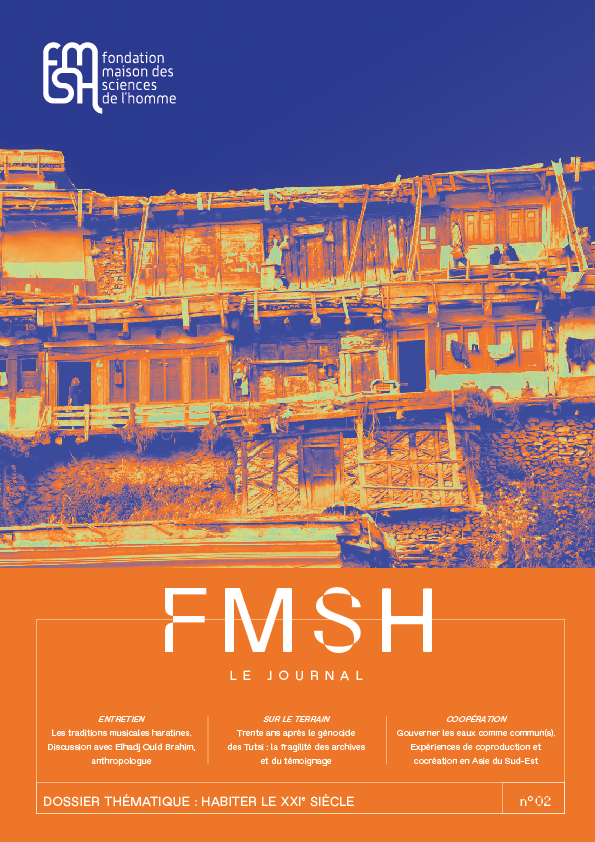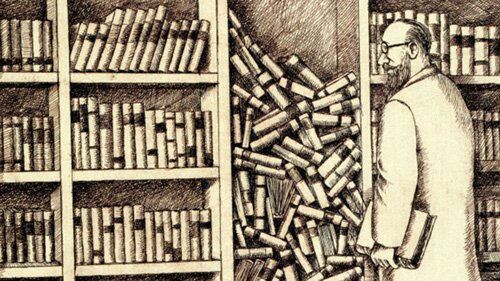The ‘Bibliothèque allemande’: 40 years of exchanges between French and German-speaking researchers

The collection's history
At a time of fast-growing international scientific exchanges, Heller wanted to strengthen the connections between French and German-speaking researchers, particularly young researchers. His ambition was to stimulate the spread of ideas and to encourage intellectual synergies between disciplines, via an unprecedented translation programme.
Initially, both French-to-German and German-to-French translations were planned, in partnership with the German publisher Campus. However, over time, the focus shifted to German-to-French translations only, in response to the French-speaking audience’s greater need to access the major works of German-language research. Consequently, the ‘Bibliothèque allemande’ was published exclusively in French. It became a key player in spreading German humanities and social sciences research in France.
Heller made this programme possible by partnering with leading institutions. The Deutscher Akademischer Austauschdienst (DAAD) (German Academic Exchange Service) played a key role by appointing a lecturer to the FMSH. This position was later consolidated in partnership with the École des hautes études en sciences sociales (EHESS) (School of Advanced Studies in the Social Sciences). Hinnerk Bruhns, then head of the Europe programme at the Centre national de la recherche scientifique (CNRS) (National Centre for Scientific Research), was also an essential source of support, as were the Goethe-Institut and the Centre Georg Simmel, both of which helped to fund the translations.
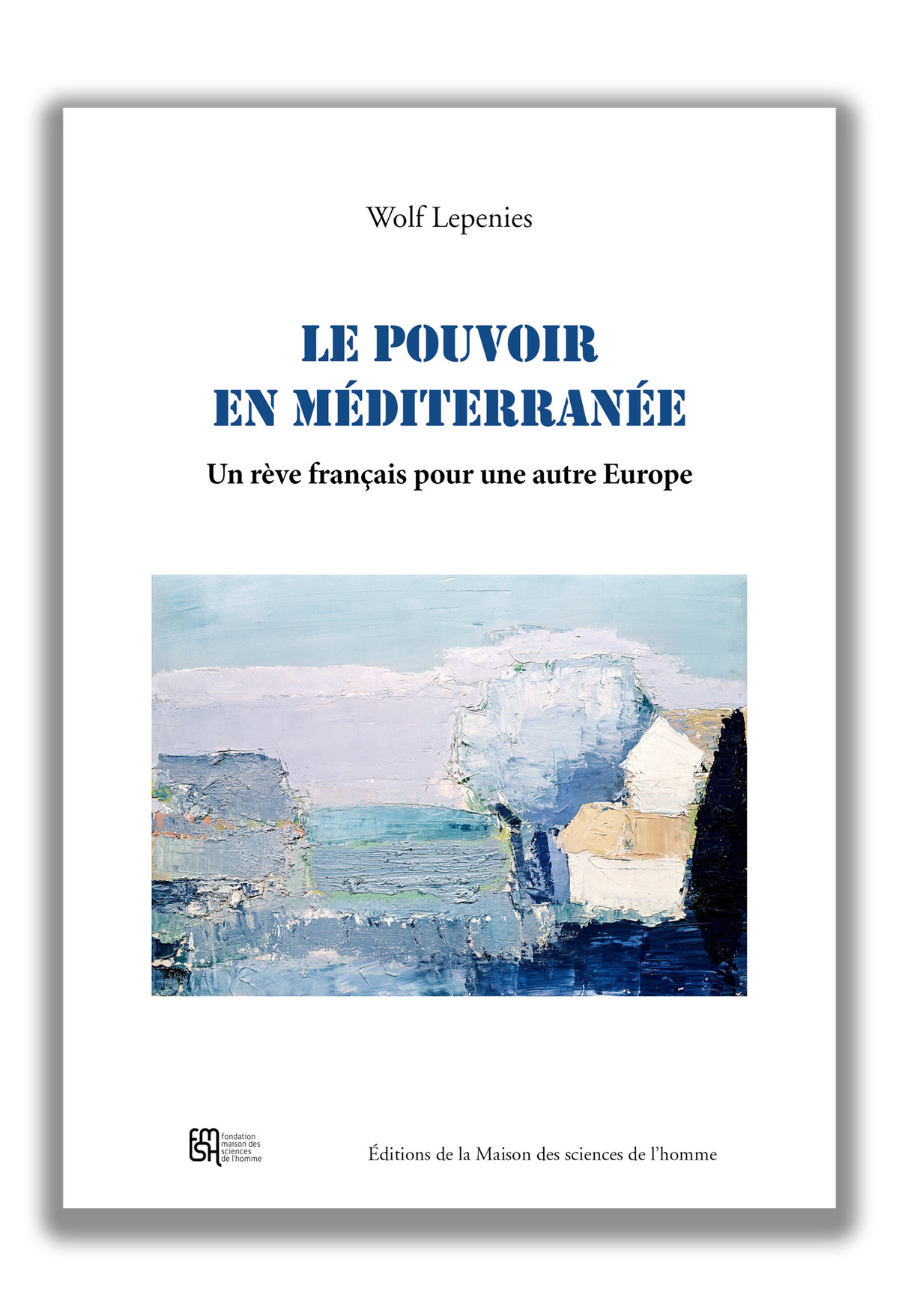
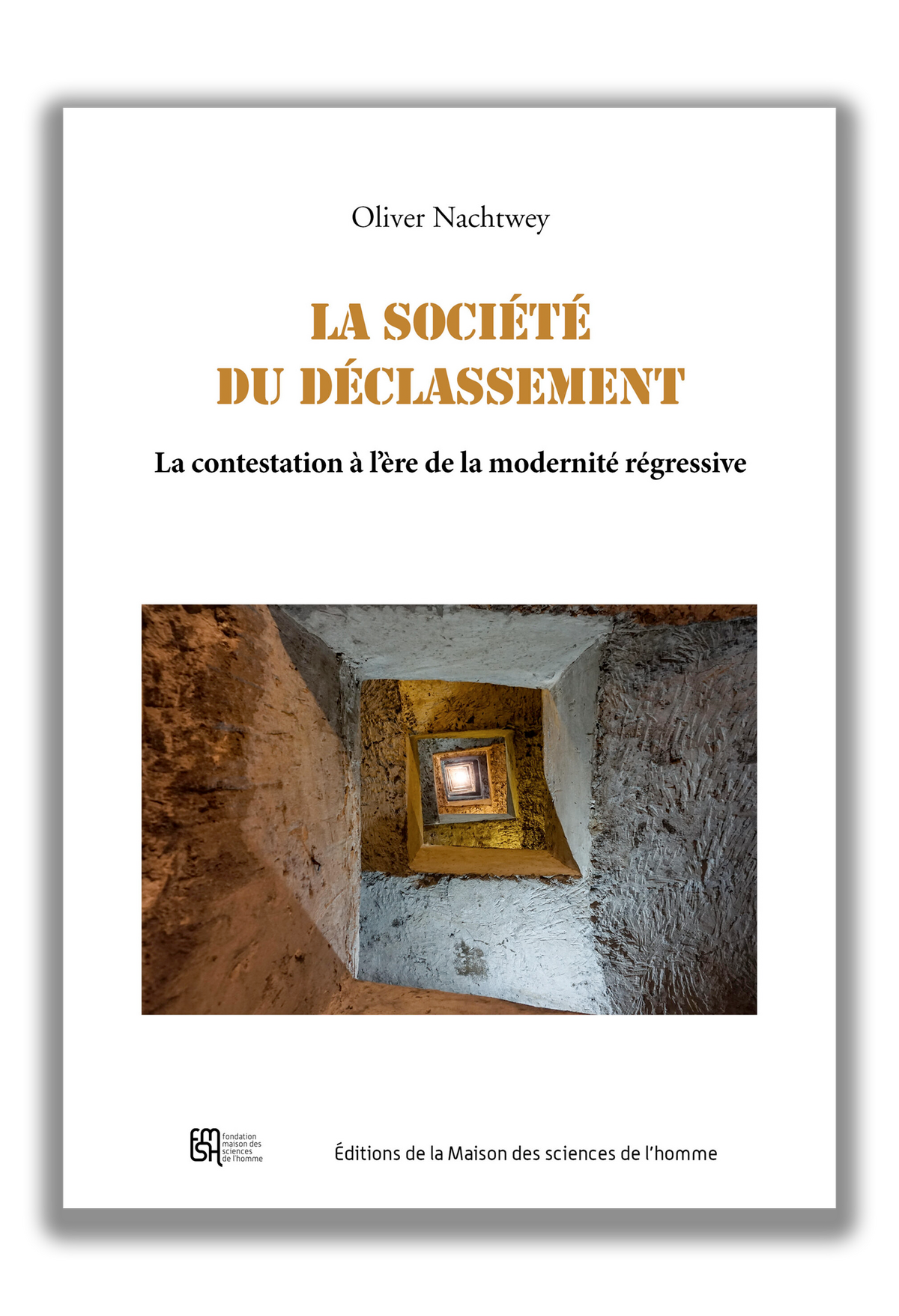
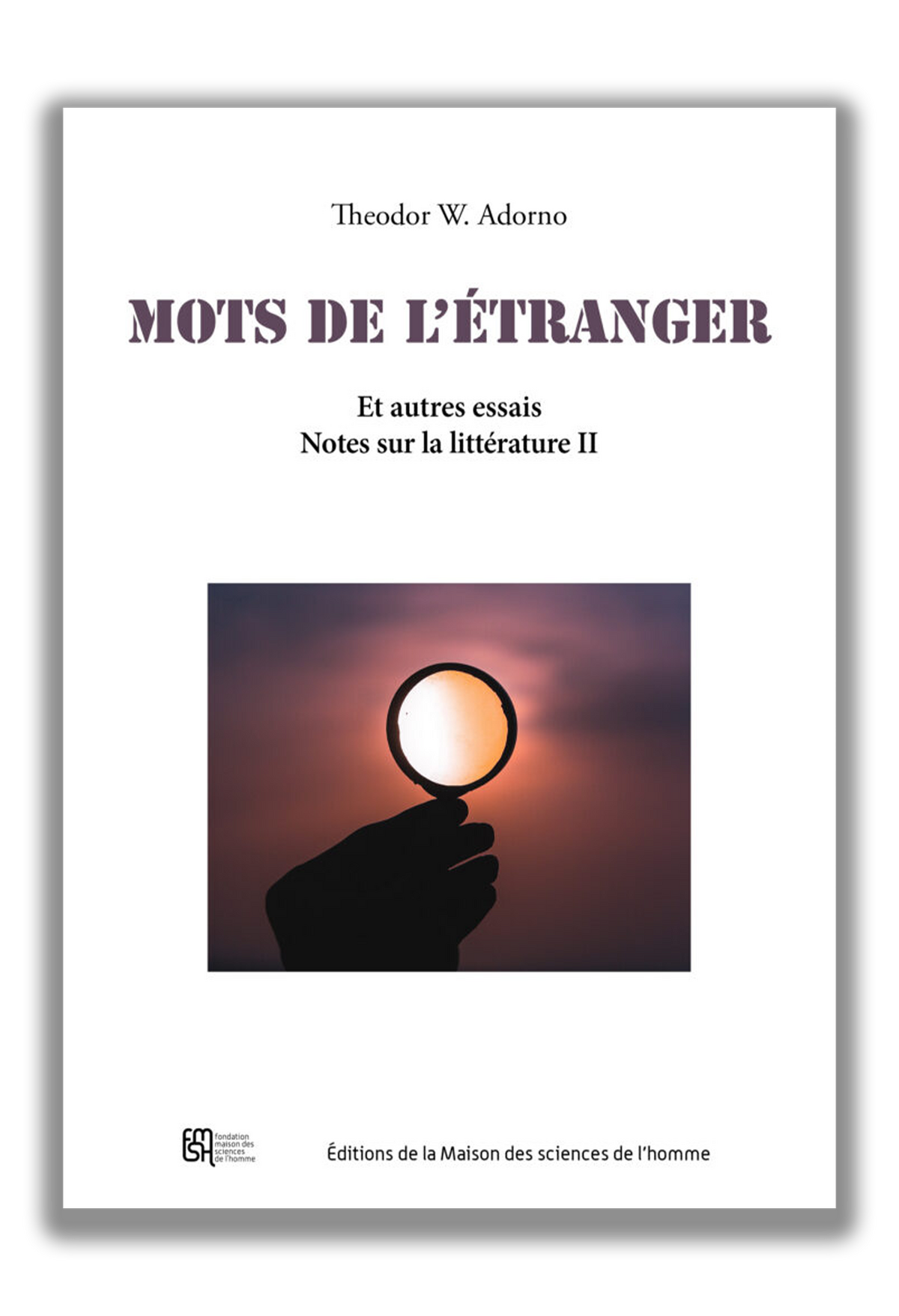
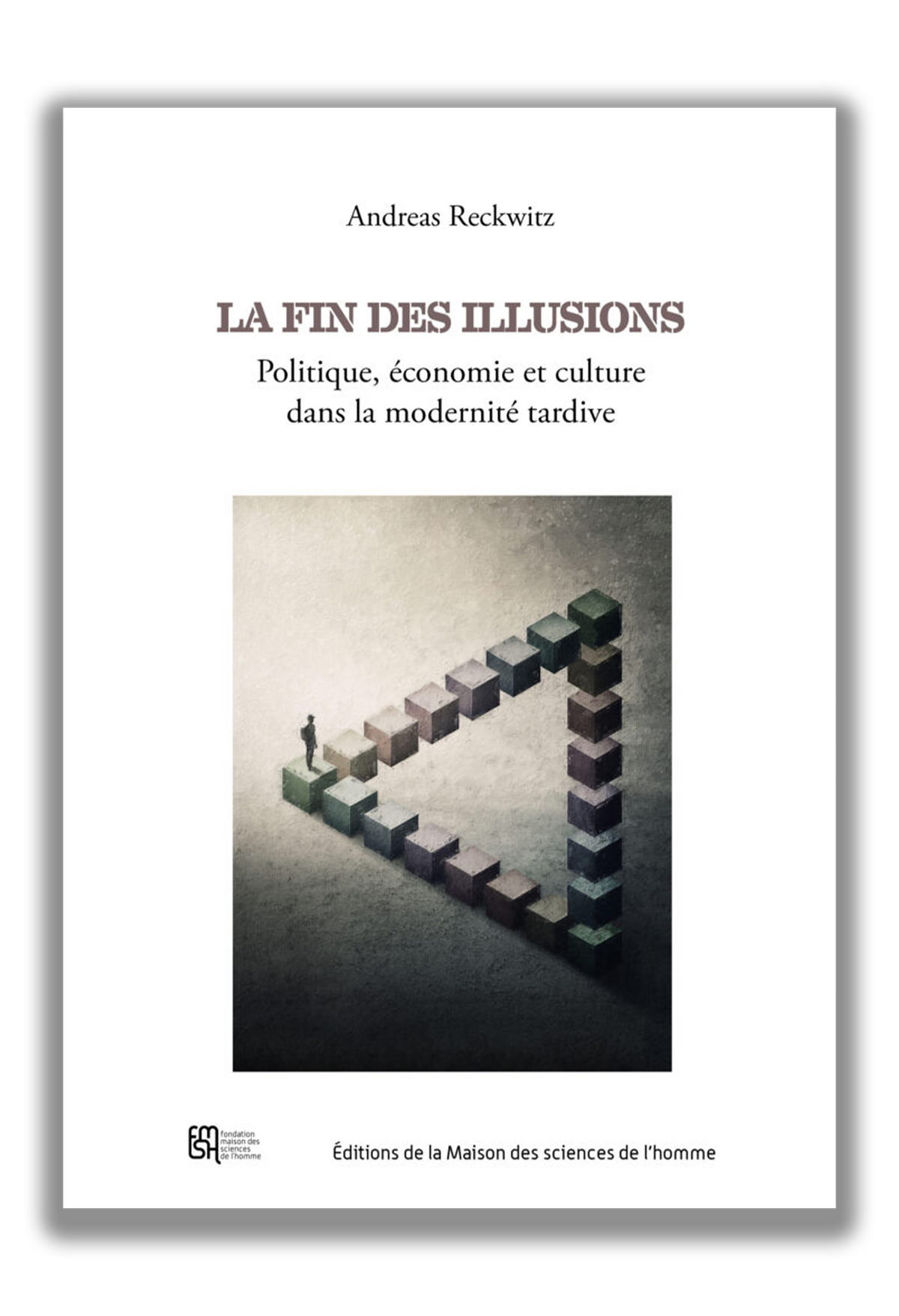
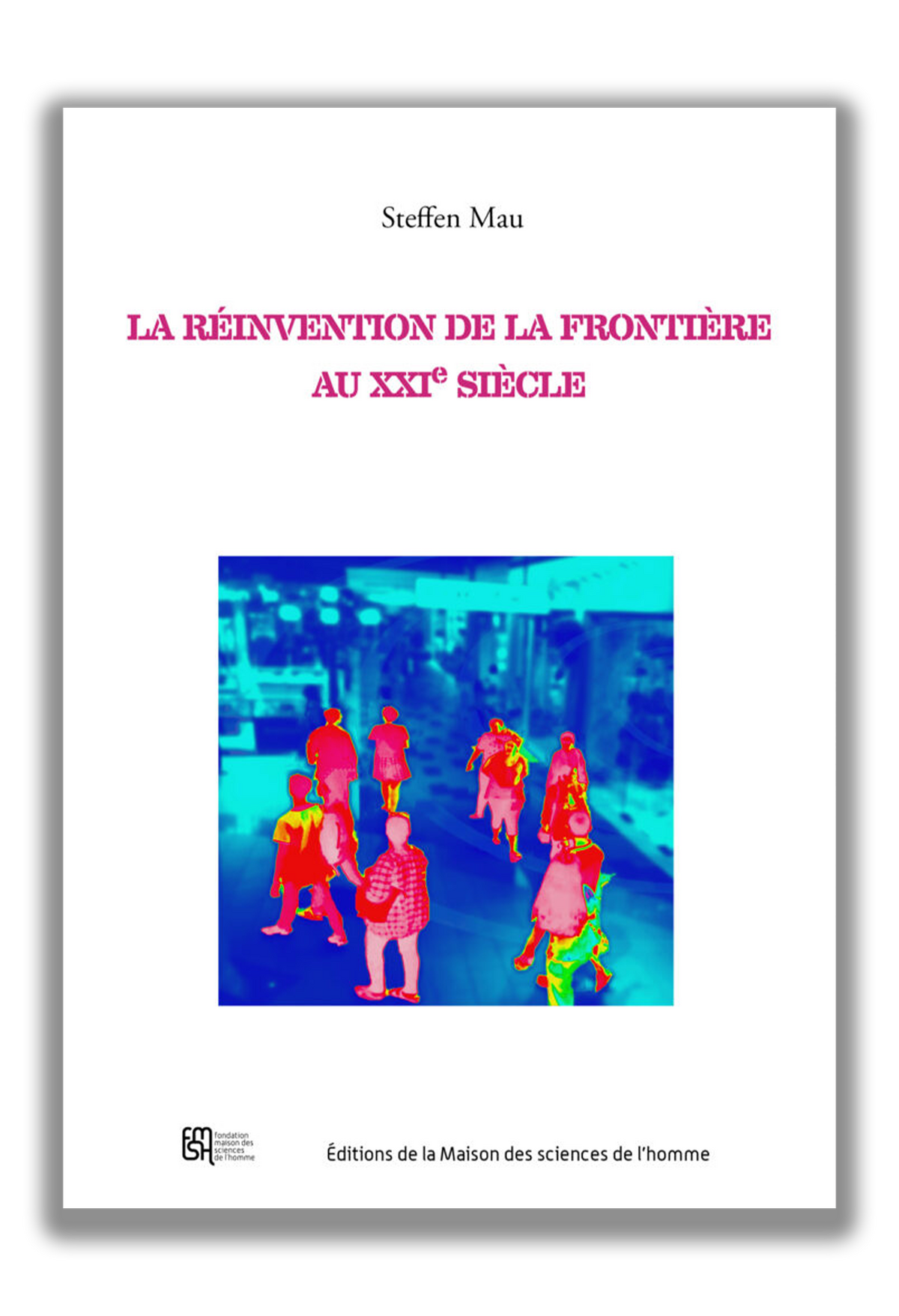
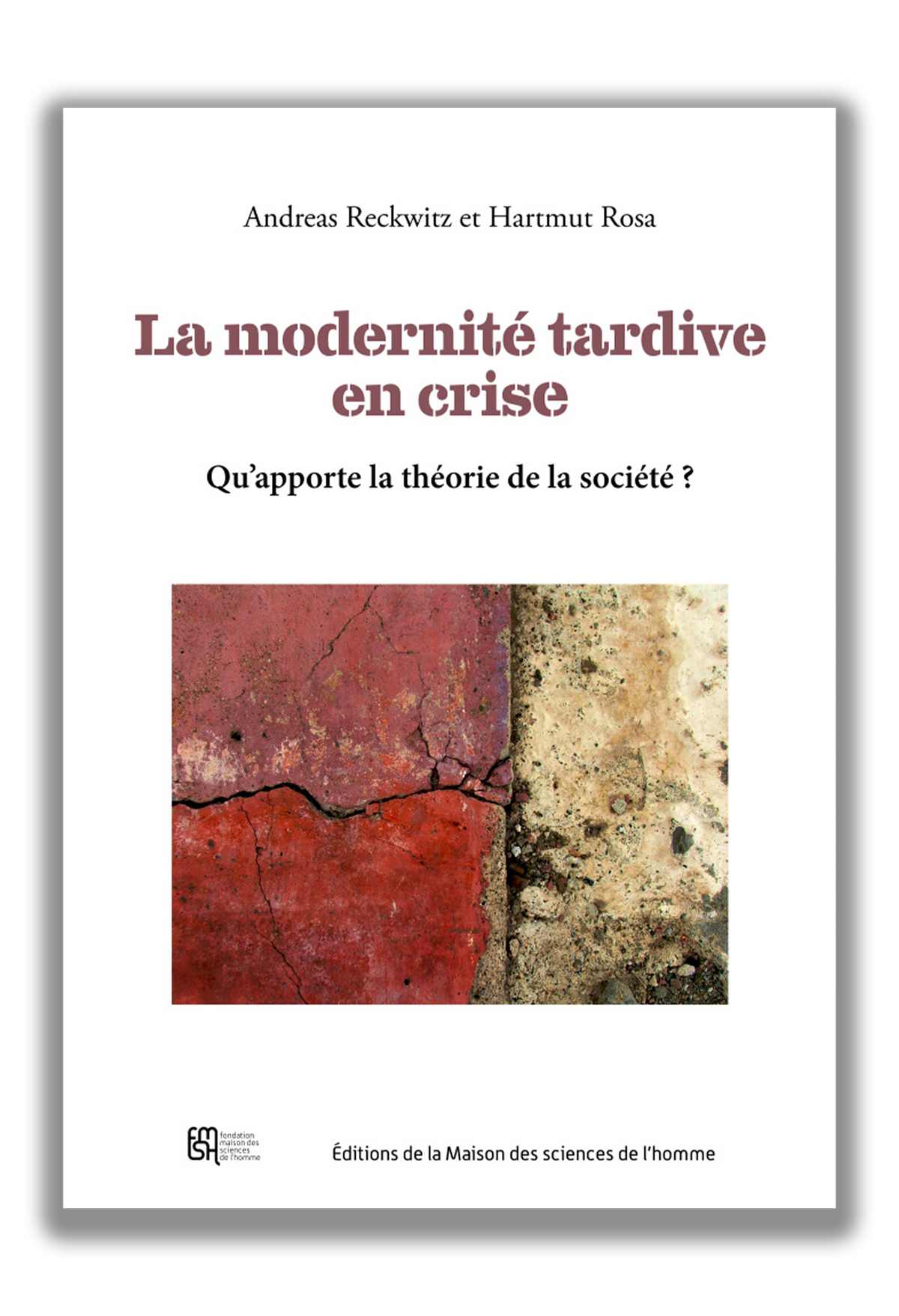
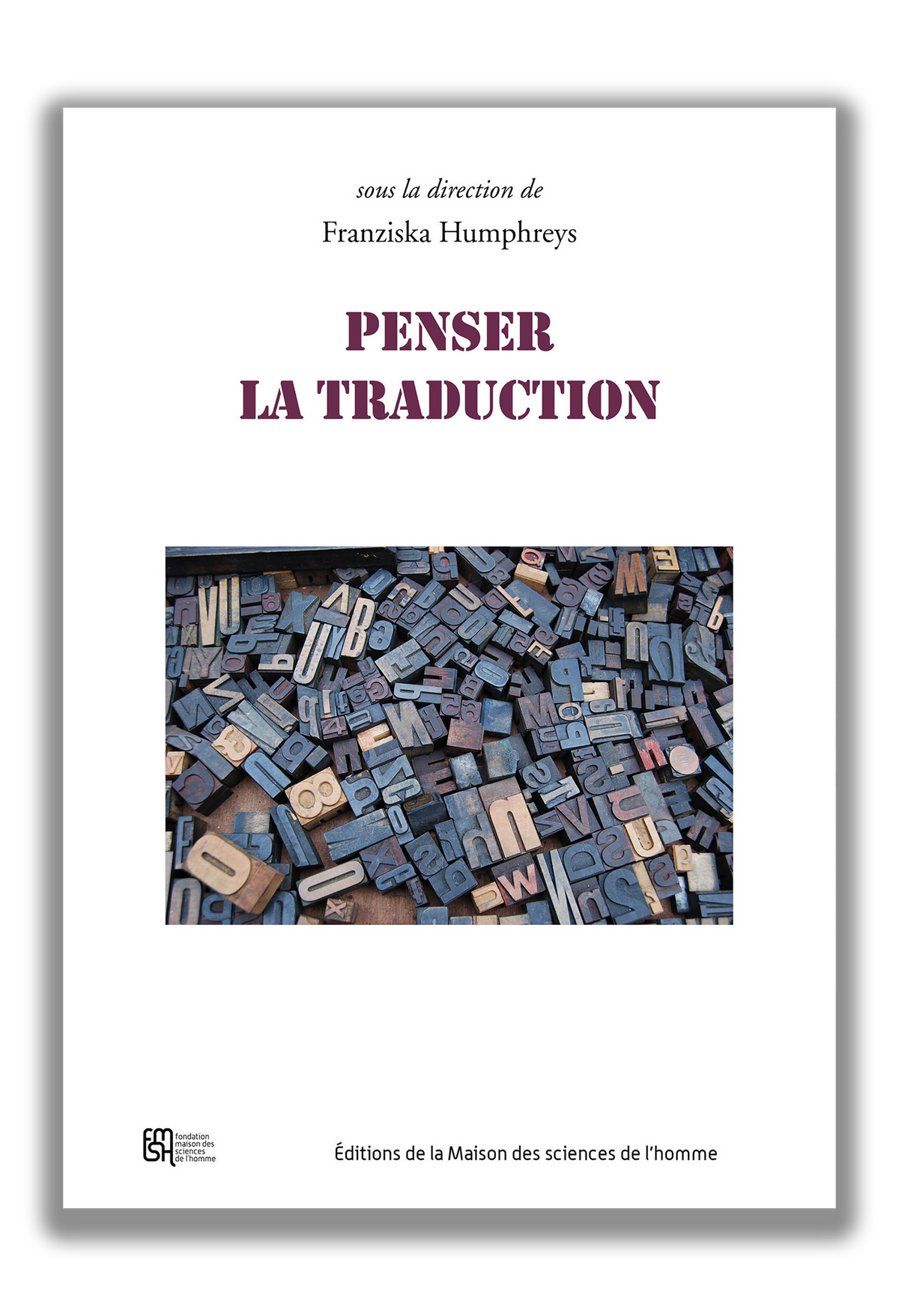
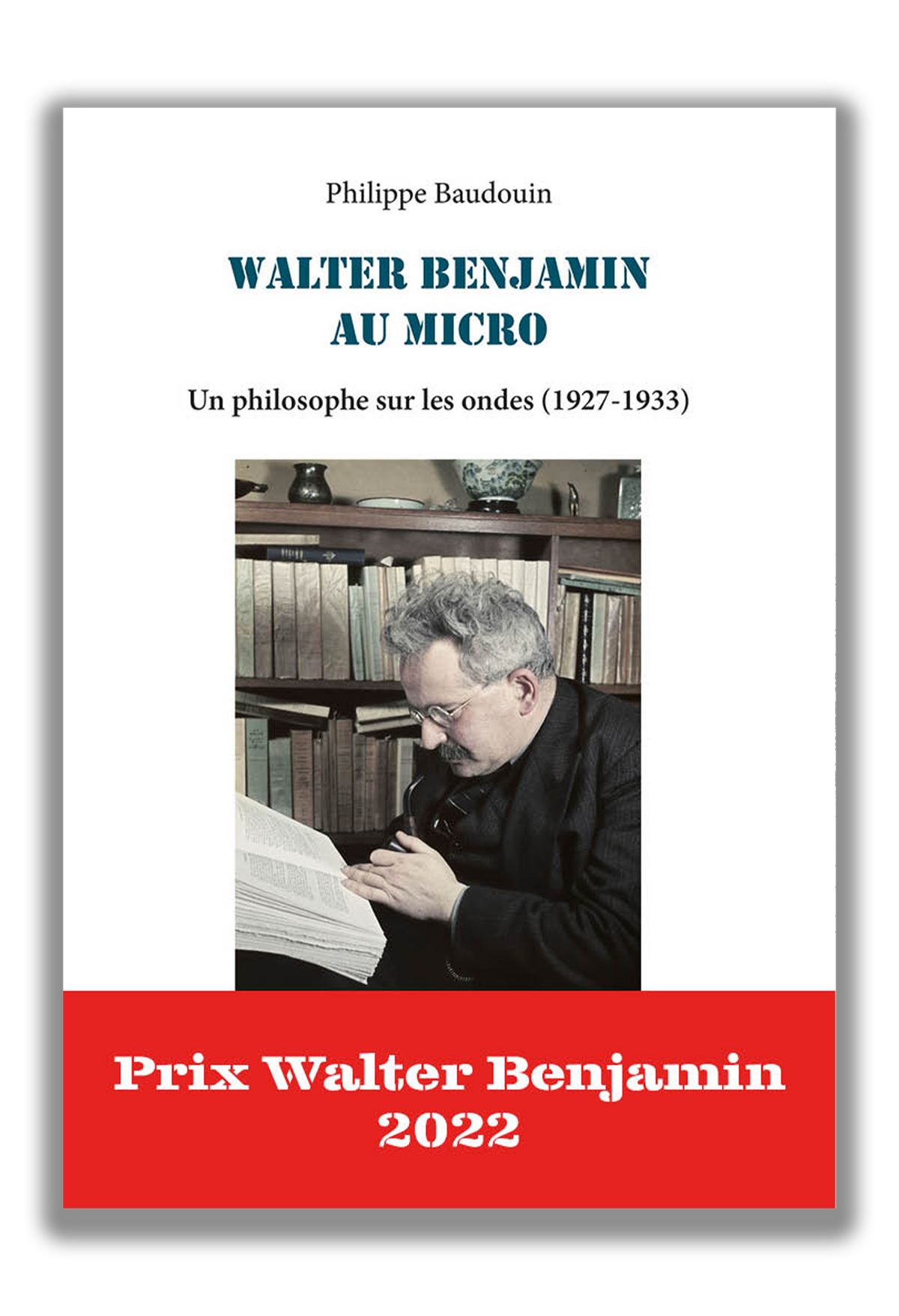
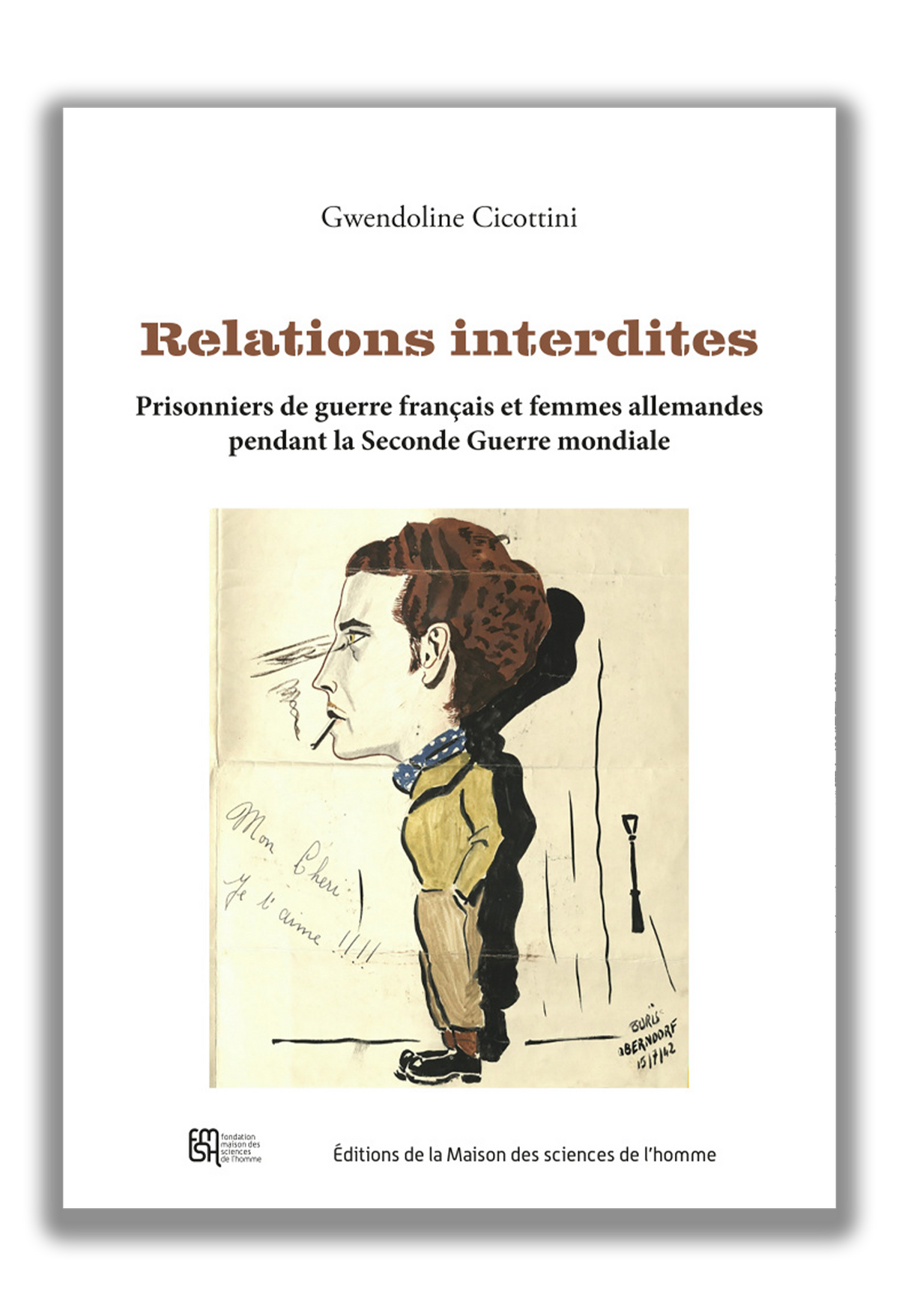
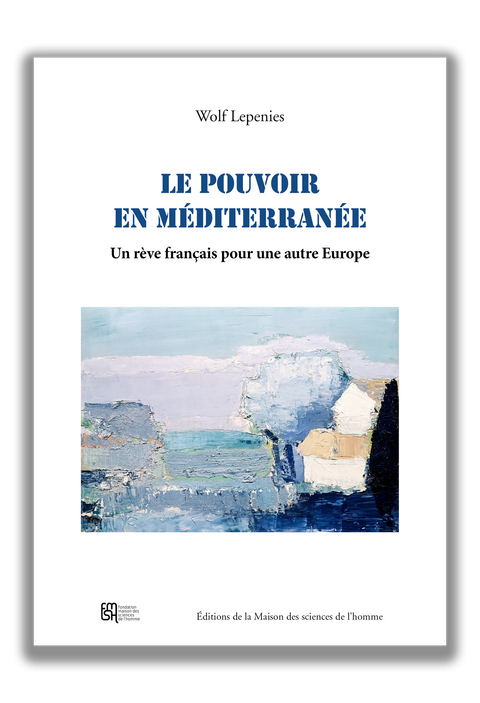
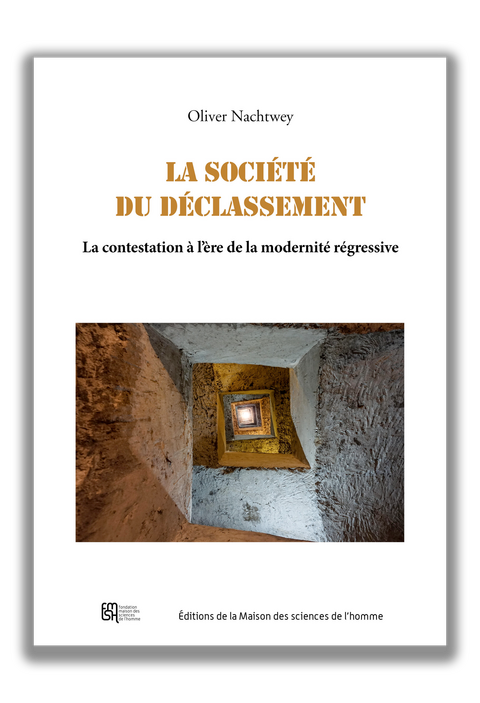
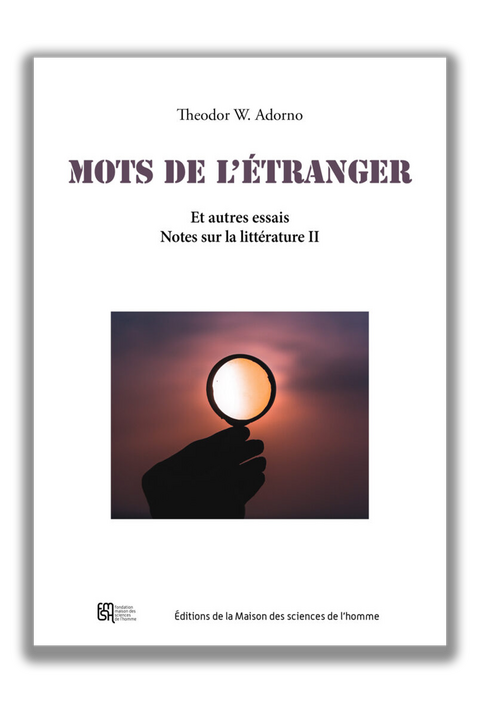
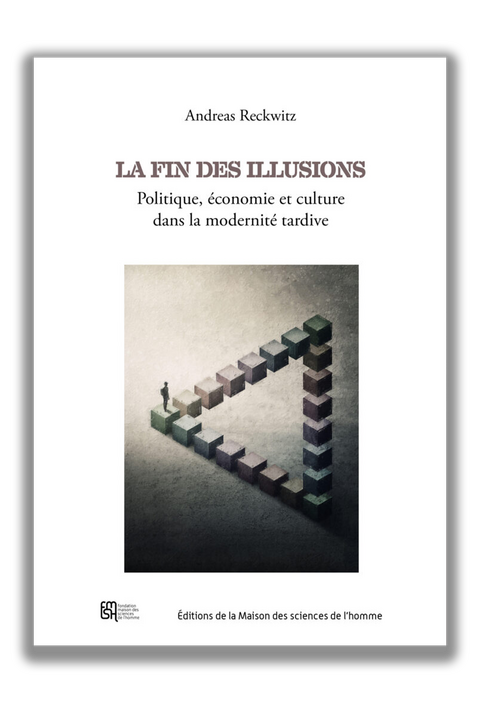
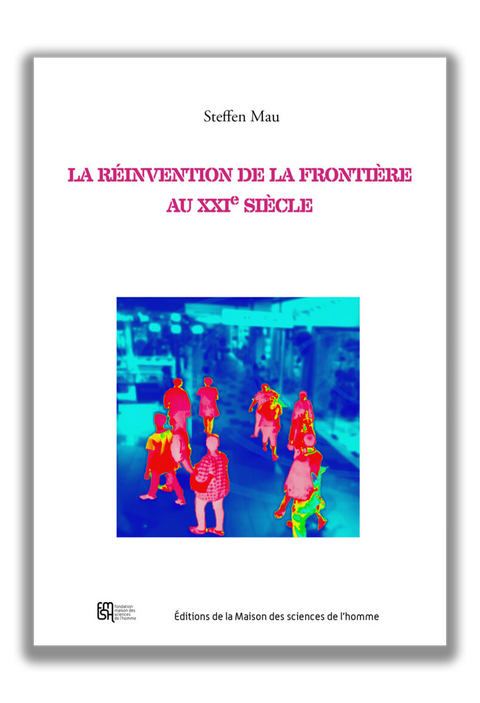
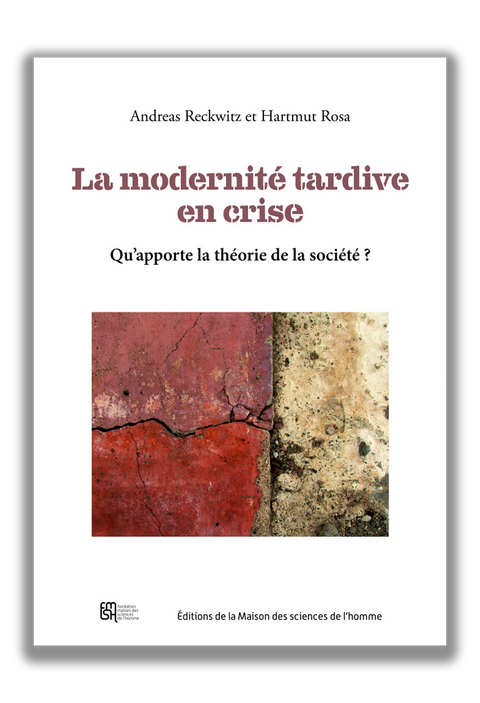
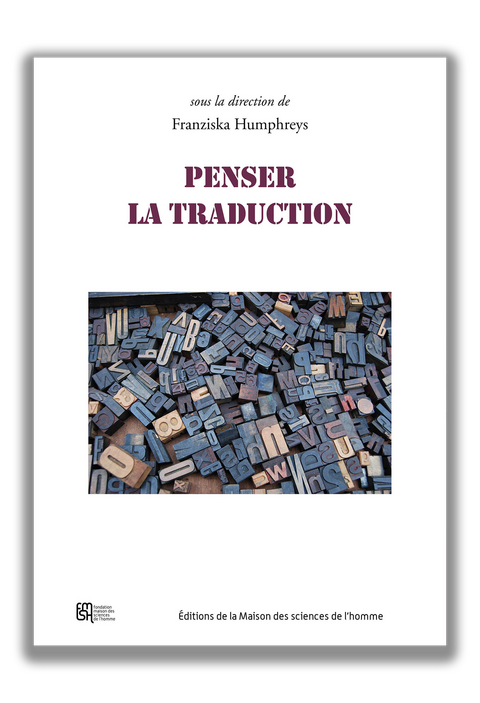
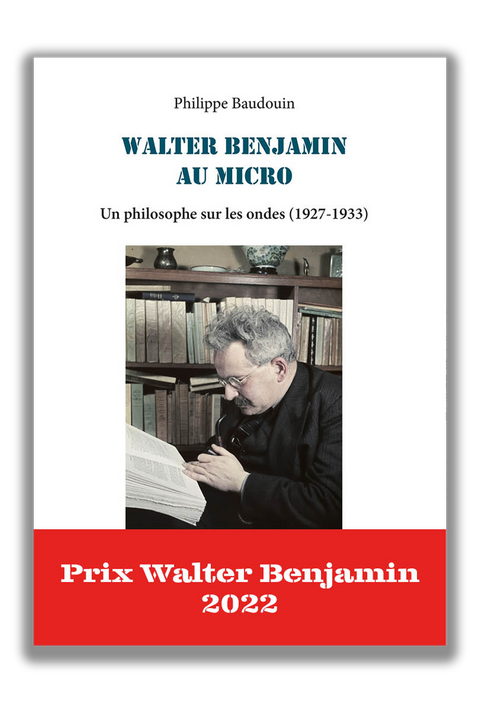
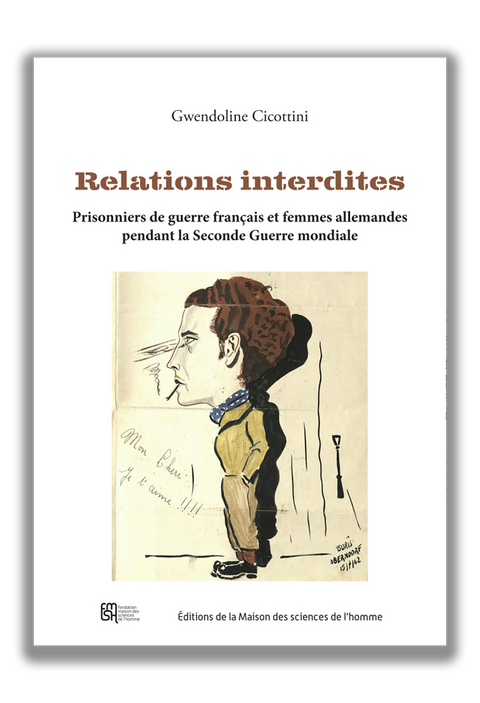
The collection today
Today, the ‘Bibliothèque allemande’ collection contains over eighty titles, giving francophone readers privileged access to the most noteworthy research works from German-speaking countries. The works are rigorously selected by a reading committee composed of renowned researchers and representatives of institutions like the Deutsches Historisches Institut Paris (DHIP) (German Historical Institute Paris) and the Centre Marc Bloch. Every year, a work is chosen according to precise criteria: the importance of the work for understanding the scientific traditions of its country, its relevance for current research in the humanities and social sciences, and its role in Franco-German or international research projects.
Today, the collection focuses on texts that fuel public debate in Germany and offer French readers a new perspective. The ‘Bibliothèque allemande’ remains faithful to its original vocation: to create a space for dialogue and reflection between researchers and disciplines, while constantly bringing fresh stimulation to intellectual exchanges between France and Germany.
Article published in the second issue of the Journal de la FMSH.

